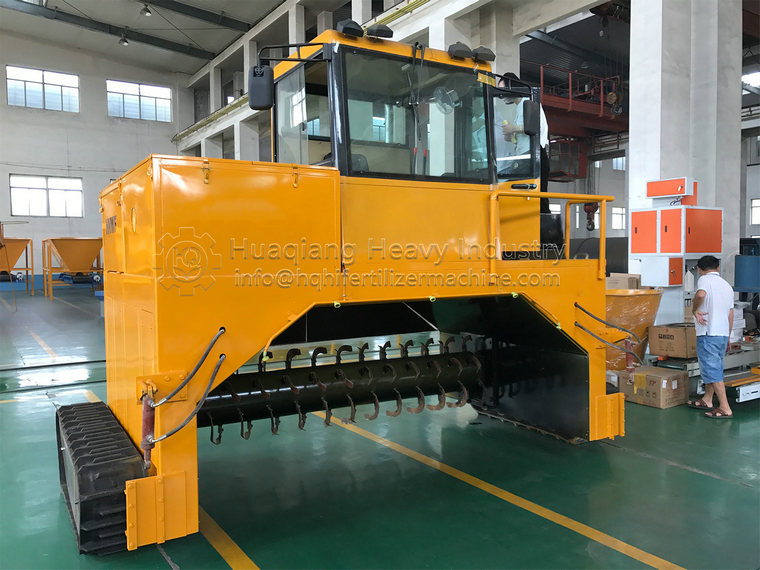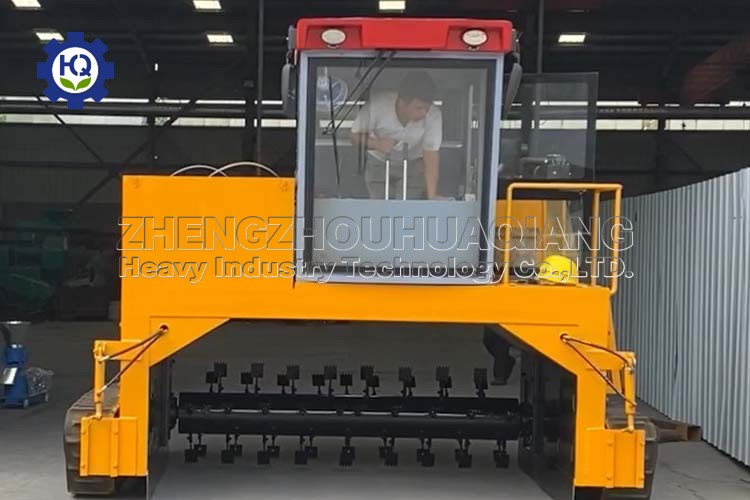Chain organic fertilizer crusher is the core support of organic fertilizer production line
In the complex process of organic fertilizer production, the chain organic fertilizer crusher occupies a core position, providing key support for the production of high-quality organic fertilizers.
The working principle of the chain organic fertilizer crusher is unique and efficient. By the high-speed operation of the chain, the crushing components installed on the chain are driven to strongly impact and shear the organic materials entering the crushing chamber. This crushing method can quickly crush various organic materials, such as livestock manure, crop straw, leaves, weeds, etc., into small particles.
For organic fertilizer production, the role of chain organic fertilizer crusher cannot be ignored. Firstly, it greatly improves production efficiency. Its powerful crushing ability enables it to process a large amount of materials per hour, meeting the needs of large-scale production. Compared to traditional crushing equipment, chain organic fertilizer crushers can complete material crushing tasks in a shorter time, shorten production cycles, and improve the economic efficiency of enterprises.
Secondly, the crushing effect of the chain organic fertilizer crusher is excellent. It can crush materials more evenly and achieve more consistent particle size. This is crucial for the subsequent fermentation process. Uniform material particles can enable microorganisms to better contact with the material during the fermentation process, accelerate the decomposition of organic matter, thereby improving fermentation efficiency, making the organic fertilizer more fully decomposed, and enhancing the quality of the fertilizer.
Furthermore, the chain organic fertilizer crusher has good adaptability. It can handle a variety of organic materials with different textures and humidities. Both hard straw and high humidity livestock manure can be effectively crushed. This broad adaptability makes enterprises more flexible in raw material selection, not limited to specific material types.
In addition, the structure design of the chain organic fertilizer crusher is reasonable and easy to operate. The maintenance of the equipment is relatively easy, and the key components are made of wear-resistant materials, which extends the service life of the equipment and reduces maintenance costs.
With the continuous development of the organic fertilizer industry, the chain organic fertilizer crusher is also constantly improving and upgrading. In the future, it will develop towards a more intelligent and efficient direction, bringing more convenience and innovation to the organic fertilizer production industry, and promoting the progress of the entire industry.

.jpg)


.jpg)

.jpg)
